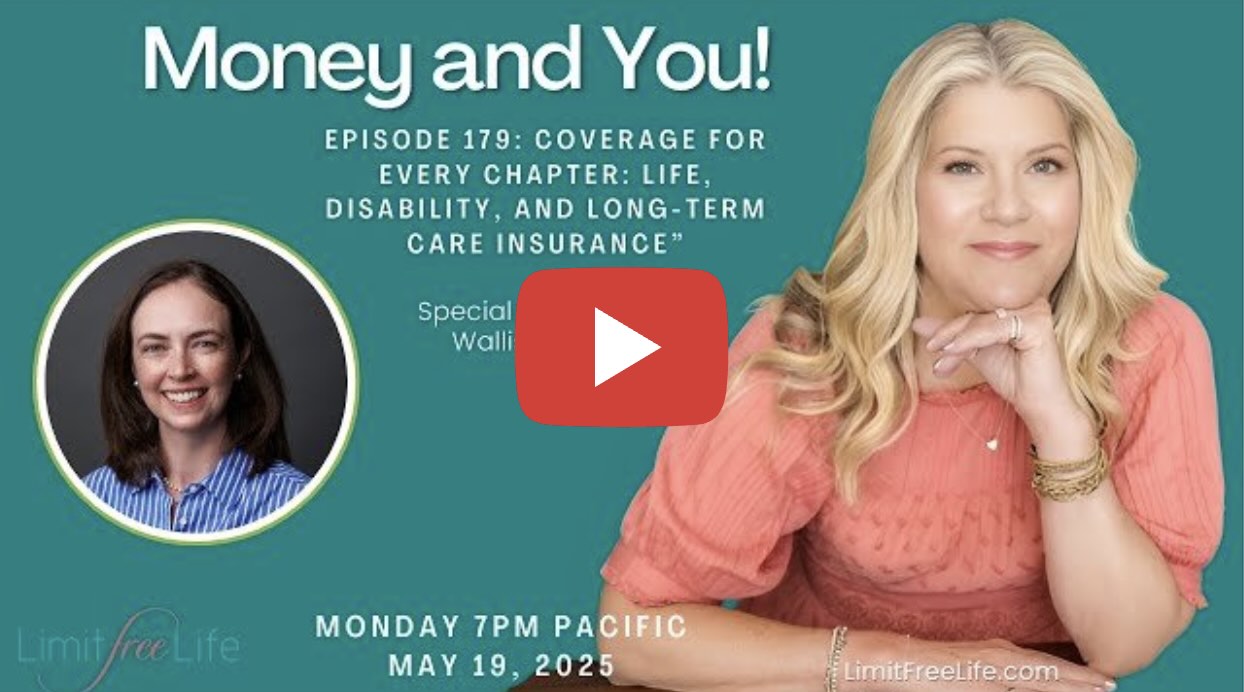If you're exploring life insurance, you'll come across two main types: term life insurance and permanent life insurance.
Permanent life insurance provides coverage for your entire life, as long as you continue to pay the required premiums. It pays a benefit whenever you pass away, unlike term life insurance, which only covers you for a specific period. There are also different types of permanent life insurance, such as "whole," "universal," and "variable" policies, each with unique features.
Good permanent life insurance policies can be a great choice for some people. However, the problem is that more people buy permanent life insurance than should have it. For more about the over-selling of permanent life insurance, check out our post, “Truth vs BS: the Inside Scoop on Popular Life Insurance Sales Lines”.
5 Situations When Permanent Life Insurance is Worth Considering
If none of the following 5 factors applies to you, then term is almost certainly the best choice.
If at least one applies to you, it's worth considering permanent as part of your insurance strategy. And it does not have to be either/or -- for some people, a mix permanent and term insurance is optimal.
1. You are clearly on track to have more wealth than you’ll need in your own lifetime, and you're ready to start funding your heirs' inheritance
- Permanent life insurance can be a useful tool for planning inheritance for your heirs. (There are other methods that don’t involve permanent insurance, but permanent insurance is worth considering, and can offer an elegant, tax-efficient solution. There are also ways to pair insurance policies with cash-flowing assets inside trusts.)
2. You are in a higher tax bracket and interested in additional ways to grow your tax-efficient retirement savings
- Life insurance can be a smart source of tax diversification in your broader portfolio
- To learn more about how we think about these strategies here at AboveBoard, listen to our founder talk about this on this podcast
3. You have meaningful holdings (e.g. ~$1 million or more) of tax-inefficient assets (e.g. hedge funds, private debt funds, etc.)
- Certain types of life insurance policies can hold alternative asset classes
4. You own (or expect to inherit during your lifetime) a large asset, and your own heirs will get a big bill for estate taxes when it passes to them
- Examples: a vineyard, a family farm, a privately held business
- When such an asset passes from one generation to the next, there can be a large estate tax bill. The IRS only takes money for payment of taxes (no wine or livestock accepted!), so permanent life insurance can be a good way to ensure that your heirs have the cash on hand to pay estate taxes.
- You should work with a competent, trustworthy attorney in situations like this — the best solution often has a significant legal component, such as a trust.
5. The timeframe for which you want insurance is in excess of 30 years, and you do not feel like "rounding down" to a 30 year term meets your needs
- If this is your situation, then consider term policies that last beyond 30 years, too - there are a handful of options in the market
What You Should Expect with Permanent Life Insurance
Much Higher Premium Payments than Term
A quick rule of thumb is that permanent insurance will cost you ~6-10x as much as term.
As is the case with "rules of thumb", that will not be precisely accurate for everyone, but it gives you a reasonable starting idea.
Term insurance is much cheaper than permanent insurance because its purpose is to hedge the risk of a less-likely event: premature death.
If you can qualify for a term insurance policy, it is because the insurance company believes there is a high chance you will outlive it.
Whereas with permanent insurance, the insurance carrier is legally obliged to pay a death benefit to your beneficiaries, so long as you paid the premiums that were due on the policy.
Expensive to Cancel
If you want to cancel your permanent policy, you’ll almost certainly take a loss (often a big one) if you cancel during the first 10 years, and often that remains true for the first 15-20 years. Even beyond then, the terms of canceling are rarely awesome. That’s because insurance companies want you to stick around, and don’t want to be out the upfront costs (ordering your medical records, interviewing you, reviewing your application, paying sales commissions, etc.) if you don’t stick around…so you take the loss by having a low "surrender value" (the money you get back when you cancel a permanent life policy).
If you are committed to the policy and definitely able to afford it, then you're in the clear on this one.
At AboveBoard, we can help you design your policy so it is a commitment you feel really confident about for the long-term and - if you wish - design it to have the ability, but no obligation, to increase your coverage without having to pass a medical exam.
3 Situations When Permanent Life Insurance is Probably NOT Worth Considering At This Time
- You have high-cost debt
- Your cash flow feels tight
- You are eligible to contribute to a Roth IRA but are not doing so due to limited savings capacity
If any of those apply to you, then term insurance is probably your best bet (assuming you have someone in your life depending on the income or free care you provide).
Not to worry, if you want to get inexpensive term insurance in the near-term, but keep open the possibility of permanent insurance in the future without having to qualify medically, the way to do that is with a high-quality conversion option.
Want to Consider Permanent Life Insurance?
If you are interested in exploring permanent life insurance, you are welcome to get a life insurance quote. To learn more about permanent life insurance, watch this video about different types of permanent life insurance.



